How to Start The Mediterranean Diet
Start the year with the Mediterranean diet, our expert guidance, cooking, shopping tips and the best recipes for a healthier lifestyle.
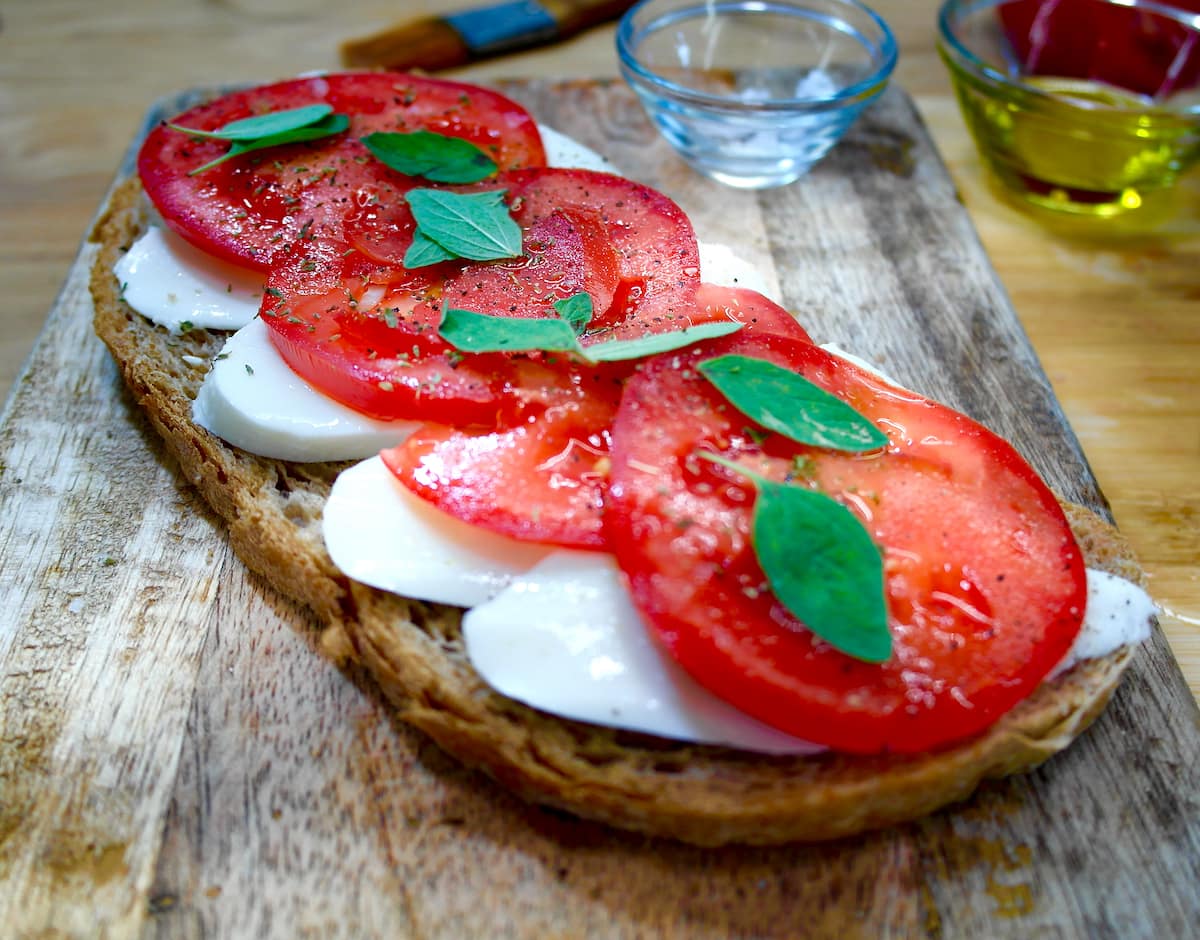
Welcome to the week-long Mediterranean Diet challenge. Over the next 7 days we will be exploring the important components of the authentic Mediterranean Diet.
The Mediterranean diet has been voted best diet for the 7th year in a row. As far as I (and science) is concerned, it’s not going anywhere, it’s here to stay. This diet or rather lifestyle has the most evidence compared to any other diet, science has shown us again and again that this diet has the most benefits for a wide range of diseases and those who follow it live the longest. The Mediterranean diet has been shown to:
- Reduce the risk of cardiovascular disease
- Good for Your Brain and Mood
- Help you live longer
- Maintain or achieve a healthy weight
- Protect from Diabetes
- Protect from Cancer
- Is good for the environment
- ***In addition, it is easy to follow, and it is delicious. So, if you want to reset your diet and health, learn about the authentic Mediterranean diet follow this challenge!
Even though the diet is so popular there is plenty of misinformation, misrepresentation and confusion surrounding the diet. Most major health sites and books describe this traditional eating pattern with vague descriptions and erroneous guidelines. Here at OliveTomato and with this Mediterranean Diet Challenge you will receive Mediterranean Diet and lifestyle advice based on lifelong experiences. I have been raised on this diet, so I know first-hand what it mean to be following a true authentic Mediterranean diet.
Day 1: Embrace Fat
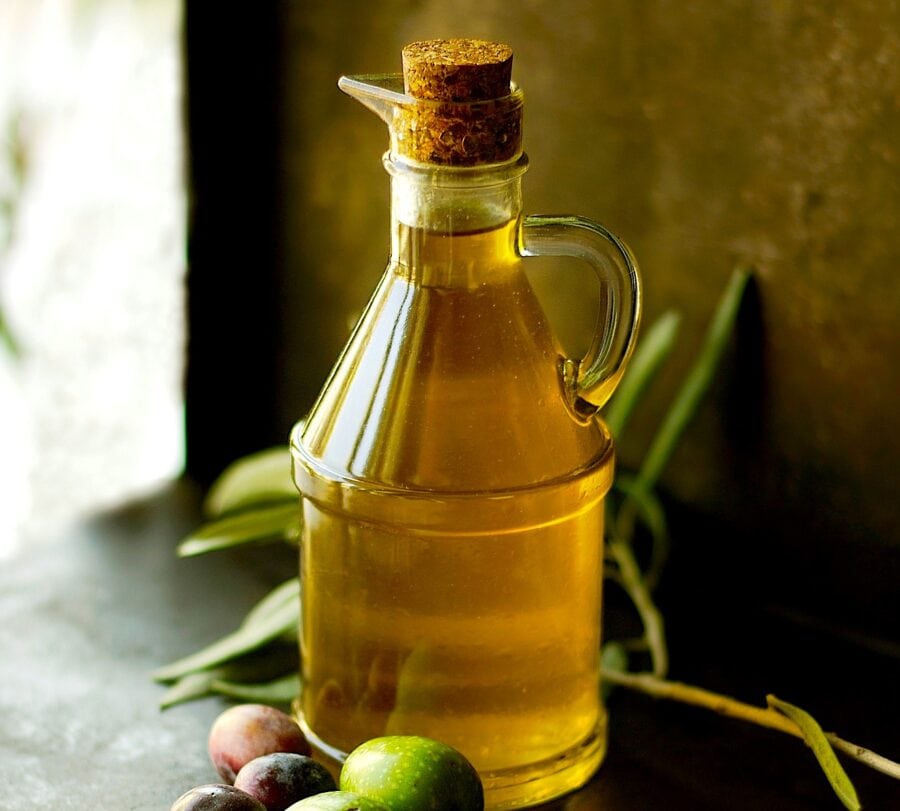
To kick off our week long Mediterranean Diet challenge, we will focus on fat. Olive Oil is the basis of the Mediterranean diet, it is one of the most important flavor components of the diet, it’s the ingredients that brings everything together. It is also responsible for many of the health benefits of the Mediterranean Diet.
Fat was a bad word in the past decades. If you wanted to lose weight or follow a heart healthy diet you had to go on a low-fat diet. Fast forward a few years later, research is showing us that the right kind of fat is actually good for us. Let’s see why.
Day 2: Going Vegetarian and Vegan
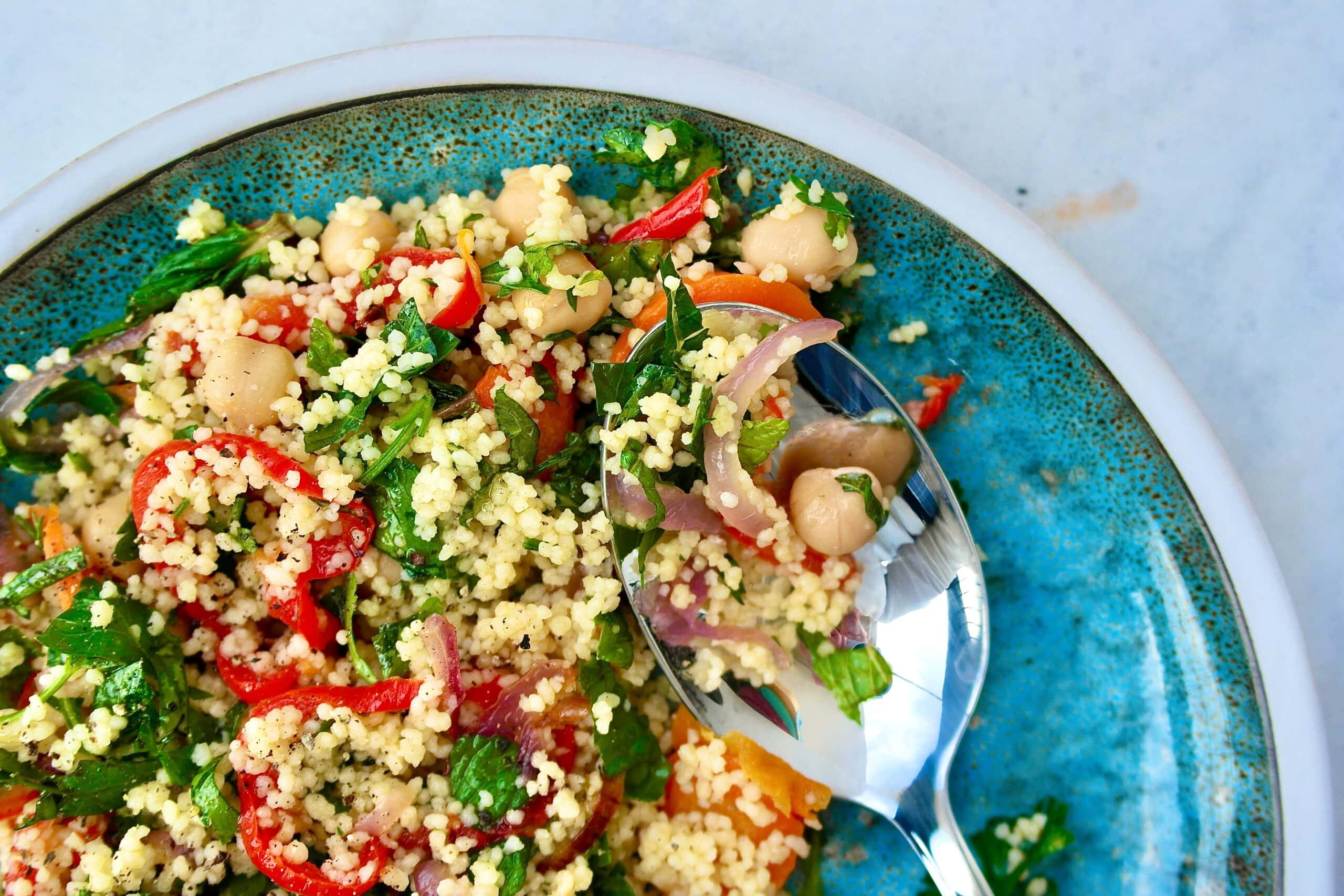
The Mediterranean diet is vegetarian at heart. The diet consists of mainly vegetables. Here are 5 delicious plant-based recipes to try today.
Today we will talk about how the Mediterranean diet is vegetarian at heart. One prevalent misconception about the Mediterranean diet is the belief that it involves regular consumption of animal products, particularly chicken and seafood, on a daily basis.
If you come across a menu plan claiming to be a Mediterranean diet but includes meat or fish every single day, I can assure you that it is not an authentic Mediterranean diet.
DAY 3: The Power of Greens in the Mediterranean Diet
Greens are a unique component of the Mediterranean diet, and many researchers consider them the secret ingredient of longevity.
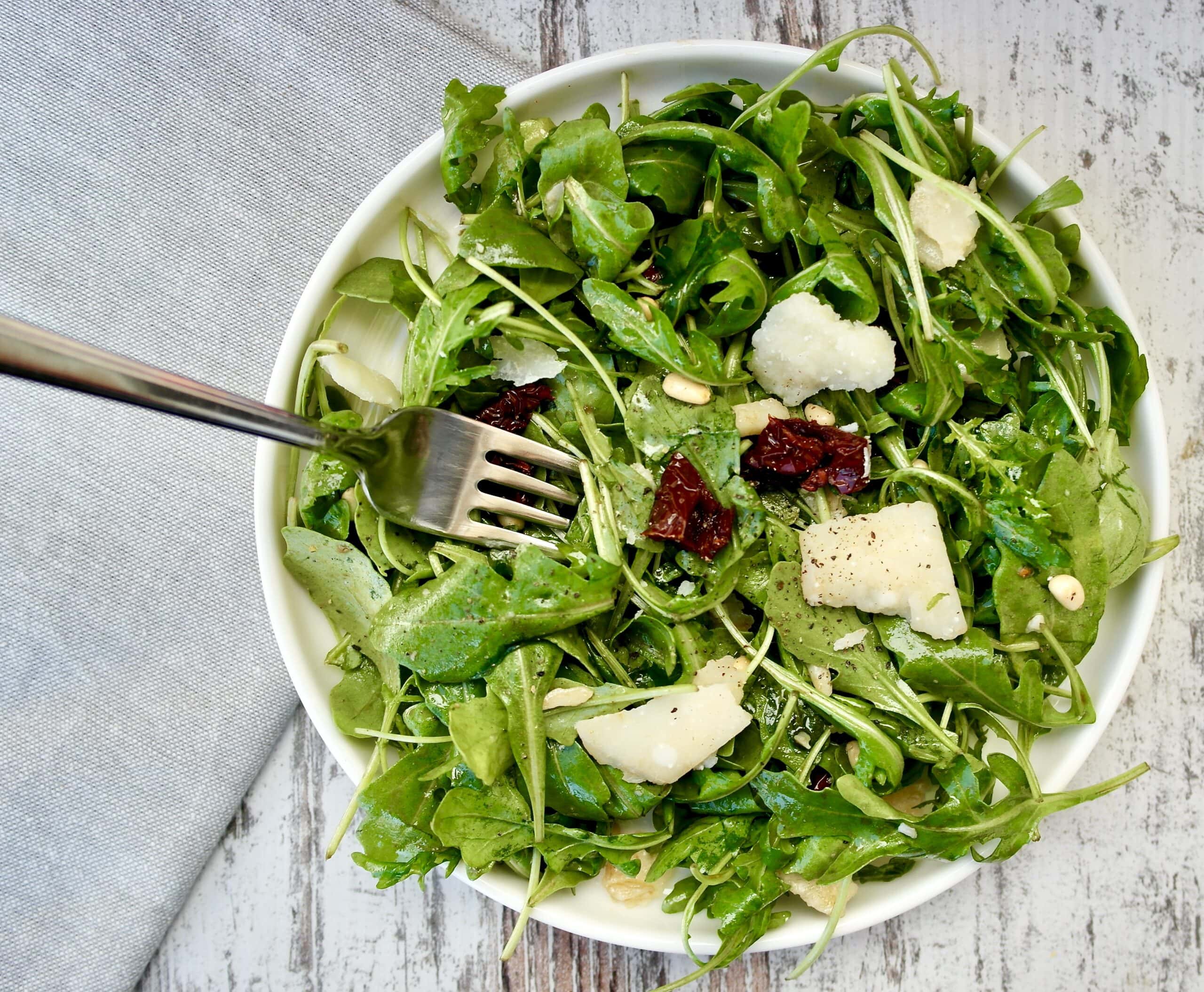
Welcome to Day 3. Today is all about greens. Leafy greens are somewhat overlooked, especially in regards to their importance in the Mediterranean diet. Greens are a unique component of the Mediterranean diet, and many researchers consider them the secret ingredient. In Crete, considered the birthplace of the Mediterranean diet, there are over 300 different types of greens. They are used not only in food but as beverages.
DAY 4: Distorted Portions
The Mediterranean diet emphasizes the principle of moderation in all aspects of life, including eating, drinking, and working.
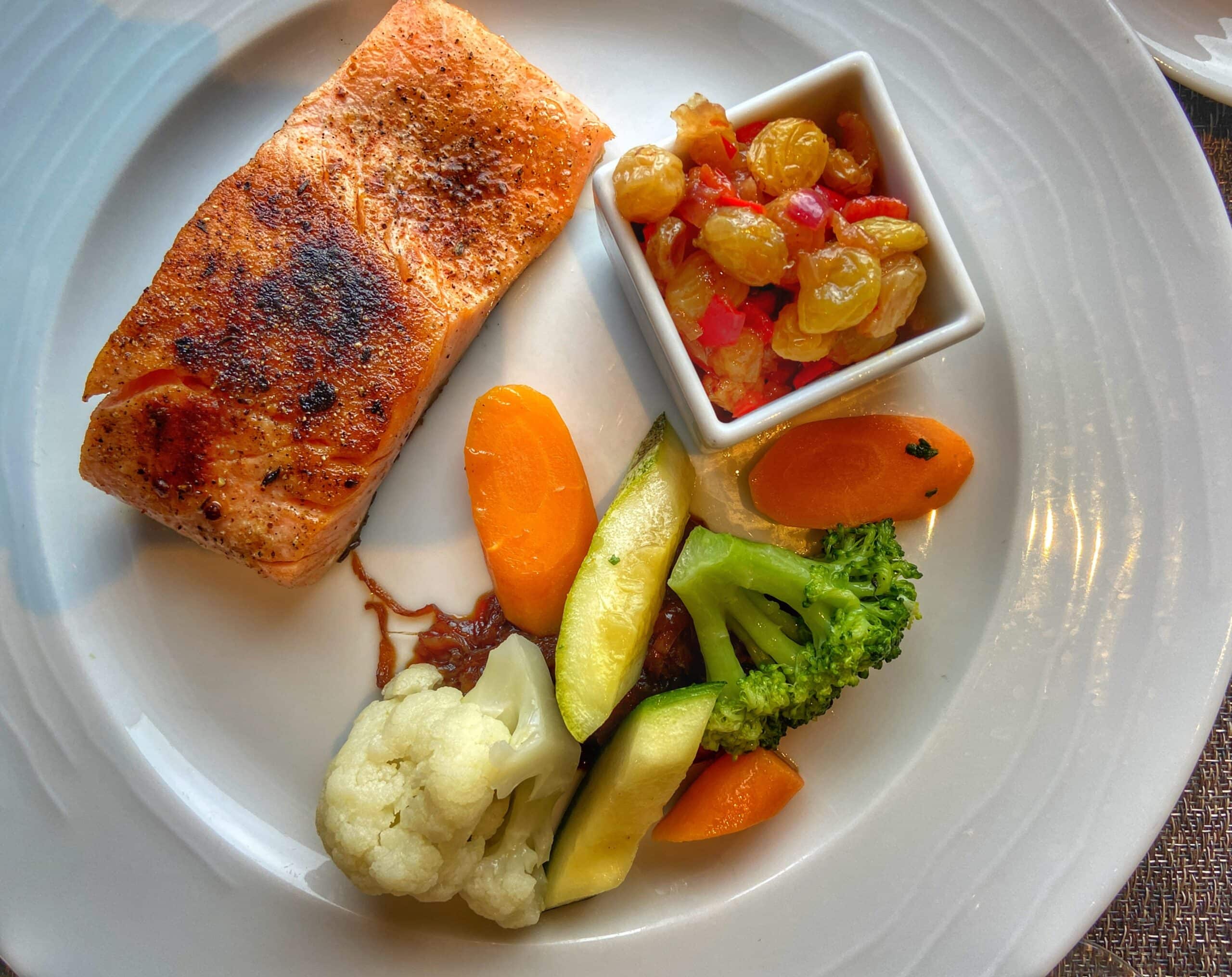
Welcome to Day 4. Today we will not be talking about specific foods, but rather about how much we are eating. Are you paying attention to the amounts of food you actually eat? Consumers have been drawn to this notion of “supersizing” feeling that there is greater value for their money with larger portions in restaurants and larger packages in grocery stores. However, this has resulted in a distorted view of a portion, larger portions are accepted as the norm, and this has led to increased calorie intake, weight gain, and a higher risk of chronic diseases.
Day 5: Eat More Beans, Staple of the Mediterranean Diet
Why are beans so healthy? 5 Ways to eat more beans.
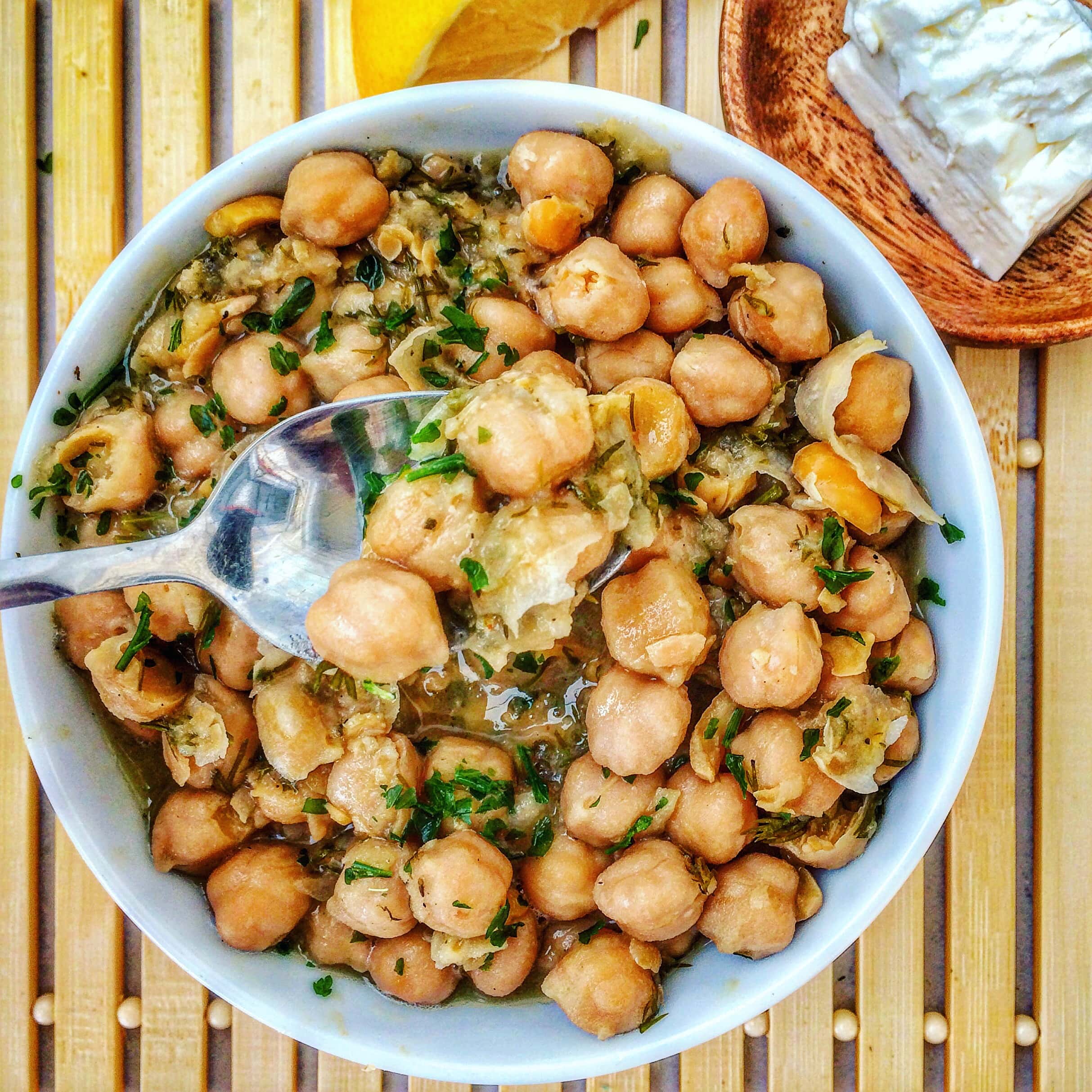
Welcome to Day 5. Beans are integral to the authentic Mediterranean diet. Not only are they cheap, but they are also rich in antioxidants, fiber, and protein. Research has shown that they can protect from chronic diseases such as diabetes and cancer. There is also evidence that beans lower your cholesterol. In addition, because they are a great source of protein and fiber, they provide satiety and keep your blood sugar levels stable. As a result, you feel full longer and this can help with weight control.
DAY 6: The Anti-Inflammatory Mediterranean Diet and Lifestyle
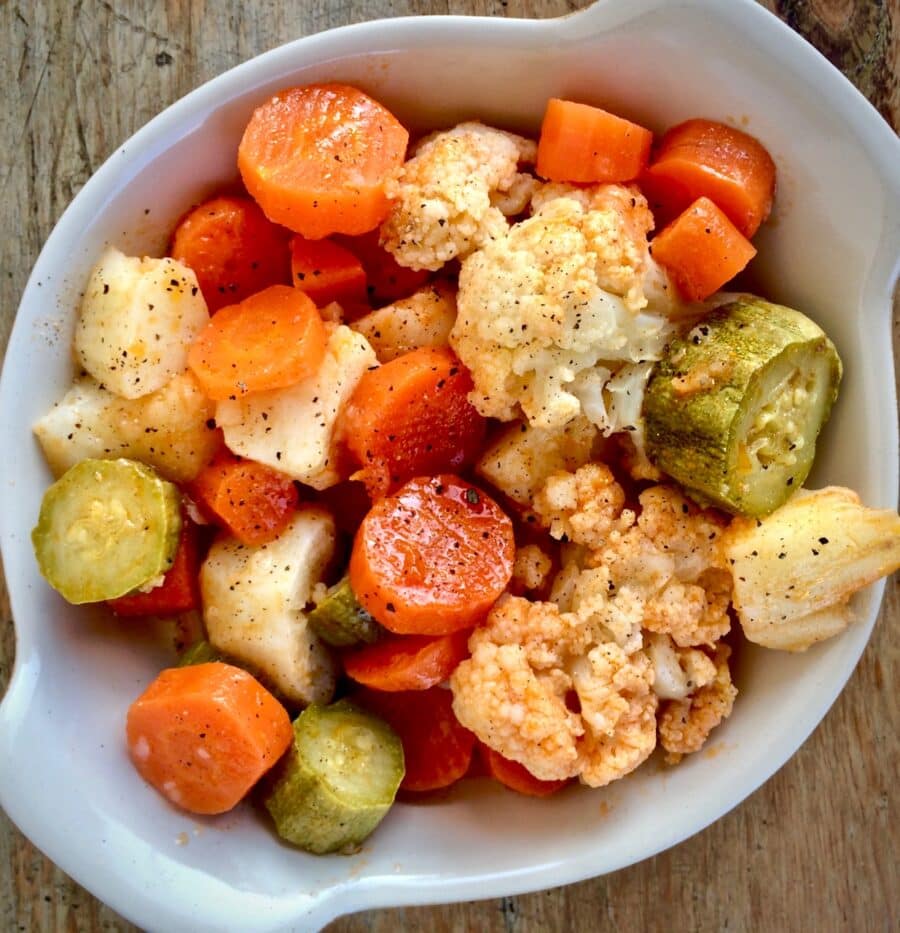
Inflammation is a term we often hear, but what is it exactly and what does diet have to do with it? This inflammation is the body’s immune response to an injury, working to heal. However, when inflammation becomes persistent and widespread, it can pose risks. As opposed to local inflammation, systemic inflammation occurs when the body’s defense system remains on high alert, attempting to protect us. The causes of chronic, systemic inflammation are not entirely clear, but recent research indicates that certain social, environmental, and lifestyle factors can promote this kind of chronic systemic inflammation.
DAY 7: Mediterranean Meal Planning and Cooking
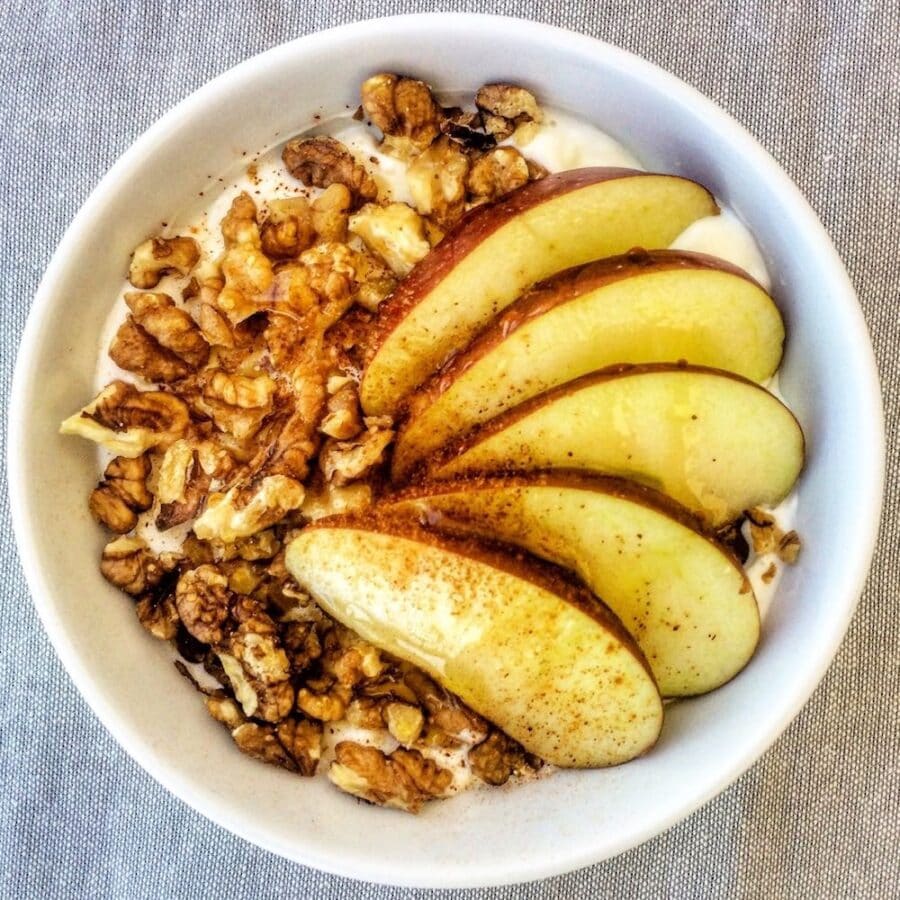
Today we will talk about bringing it all together and making this way of eating part of your life. In order to do this, you need to do some planning and some cooking or preparing food on your own.
One of the main characteristics of the diet, is that it does not include many processed foods. To be clear, that doesn’t mean you will baking your own bread, but for the most part you will be using fresh ingredients and minimally processed ingredients. Some lightly processed foods that you will be using to help you out include bread, pasta, canned tomatoes, tomato paste, canned beans, frozen vegetables, and cheese. But for the most part you will be using vegetables and olive oil for the basis of your meals.

I am allergic to Walnuts, which nut can I use in it’s place?